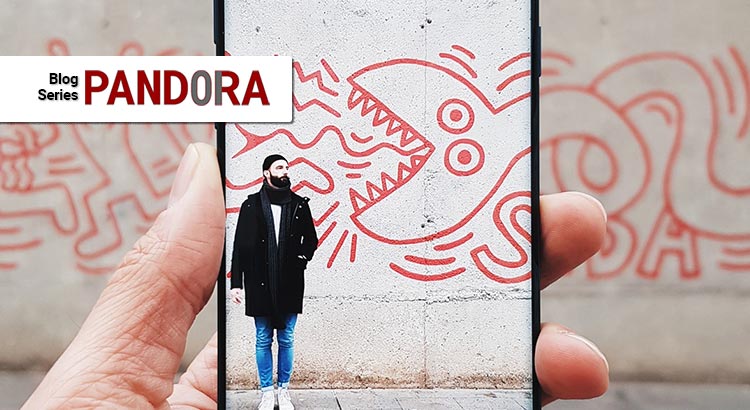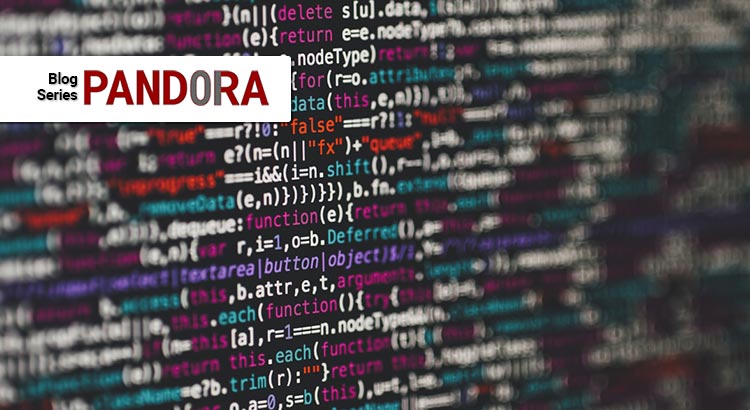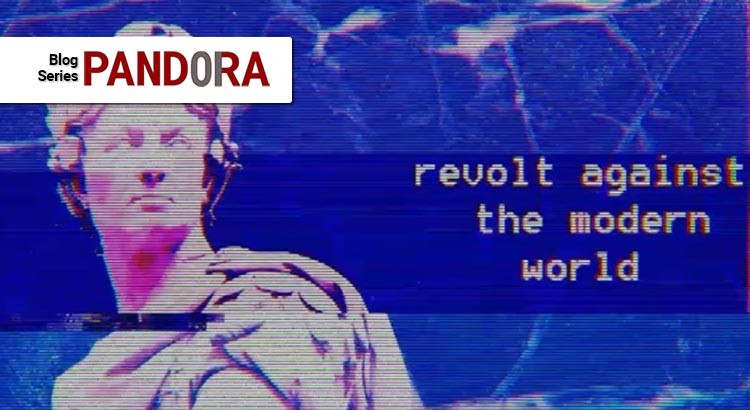Social media has increasingly become a place of aggressive social and political conflict. Far right and Salafist-Jihadist actors are picking up on this mood and fueling it with propaganda and calls for violence. These debates thus exemplify a dynamic of violence both in the social networks and in the real world, especially in the context of the debates on flight and asylum. In this context, political and religious radicalization have become everyday phenomena and permanent topics in media, politics and society.
Still, not much is known about the favorable conditions that might enable radicalization processes. The project network “Propaganda, Mobilization and Radicalization in the virtual and real World. Causes, Processes and Counter-Strategies in the Context of the Asylum and Refugee Debate“ (short: PANDORA) aims to close this research gap.
 The project group PANDORA particularly examined discourses in social media and asked which mobilization and radicalization effects these generate in the real world. Discourses and mobilization strategies on the Internet were systematically analyzed and mapped. In addition, milieu studies were carried out at different locations to identify the conditions which promote or prevent radicalization processes via Internet communication.
The project group PANDORA particularly examined discourses in social media and asked which mobilization and radicalization effects these generate in the real world. Discourses and mobilization strategies on the Internet were systematically analyzed and mapped. In addition, milieu studies were carried out at different locations to identify the conditions which promote or prevent radicalization processes via Internet communication.

In this blog series, the project partners present their research results and the insights they gained on the topic. For further information about the project and many results see the project website https://www.pandora-projekt.de (German only). The series started on March 24 and will feature up to ten posts from all project partners.
Most posts in this series are also cross-published as Insights at the The Global Network on Extremism and Technology (GNET) website. 
Blogreihe PANDORA
In dieser Blogreihe stellt das Projektnetzwerk PANDORA (Deutsch: Propaganda, Mobilisierung und Radikalisierung in der virtuellen und realen Welt. Ursachen, Prozesse und Gegenstrategien im Kontext der Asyl- und Flüchtlingsdebatte) seine Ergebnisse vor. Im Fokus der Forschung standen insbesondere die Diskurse in den sozialen Medien mit der Frage, welche Mobilisierungs- und Radikalisierungseffekte diese in der realen Welt erzeugen. Weitere Informationen über das Projekt und viele Ergebnisse finden Sie auf der Website https://www.pandora-projekt.de.
Posts
Social Media as a Mirror of External Circumstances: Insights into the Perception of a Radical Group

The Great Divide? The Online-Offline Nexus and Insights from Research on the Far-Right in Germany

Early Warning? Opportunities and Limitations of Automated Internet Monitoring

Salafist Groups’ Use of Social Media and its Implications for Prevention

The Amalgamation of Virtuality and Reality in Radicalisation Processes

Web Scraping Social Media: Pitfalls of Copyright and Data Protection Law

Web Scraping Social Media: Legitimate Research or a Breach of Contract?

The Visual Culture of Far-Right Terrorism

What Makes Far-Right Rhetoric so Dangerous?

